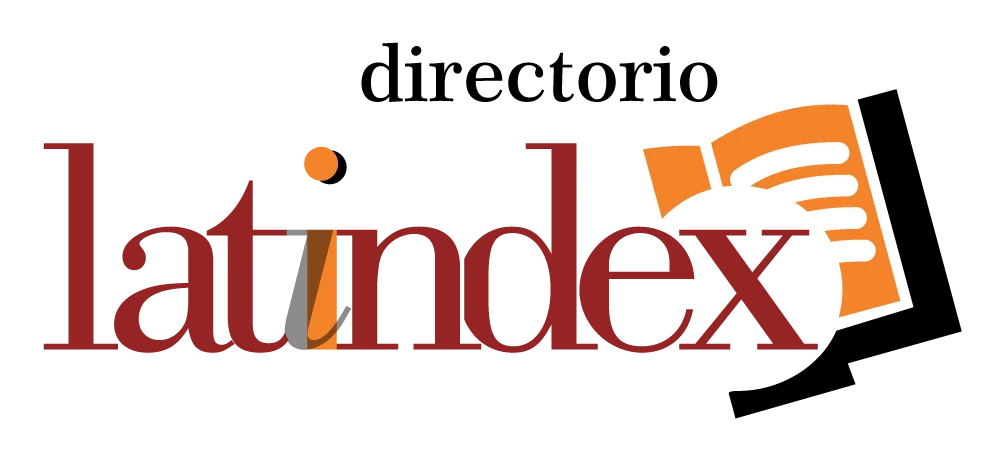Application and impact of artificial intelligence in external auditing processes
DOI:
https://doi.org/10.56294/digi2024106Keywords:
audit, technologies, AI, accountantsAbstract
In this work, the research problem was based on the variability of the implementation of artificial intelligence among accounting professionals. A comprehensive evaluation was carried out on the adoption of artificial intelligence technologies in external auditing and the reasons that motivate or prevent their use by professionals. The research design was exploratory, descriptive, and cross-sectional. A mixed approach was used, designed through an interview with an external auditor and a survey of 22 accounting professionals. The most important findings were that of all the professionals involved in the study, none received any training on artificial intelligence, only a small percentage applied it, and all agreed that they function as support tools and speed up routine tasks, although they are wary of their use. It was concluded that the use of artificial intelligence tools is efficient for improving repetitive procedures and tasks, which would give greater precision in the results. It was also recommended to invest in
training that would enable good management of this type of technology and thus improve technical and tactical skills and make decision-making more efficient.
References
1. Abeliuk A, Gutierrez C. Historia y evolución de la inteligencia artificial. Revista Bits de Ciencia. 2020;:14–21.
2. Albarracín J, Parra Y. La aplicación de inteligencia artificial en la auditoría contable. Rev Multidiscip Perspect Investig. 2024;4(Esp):73–85. doi: https://doi.org/10.62574/rmpi.v4iespecial.172
3. Almeida-Blacio JH, Naranjo-Armijo FG, Maldonado-Pazmiño HO, Rodríguez-Lara AD. Inteligencia artificial como mecanismo eficiente de la contabilidad. Código Científico Revista de Investigación. 2024;5(Ed. Esp. 3):334–64. doi: https://doi.org/10.55813/gaea/ccri/v5/nE3/320
4. Basaez E, Mora J. Salud e inteligencia artificial: ¿cómo hemos evolucionado? Rev Méd Clín Las Condes. 2022;33(5):556–61. doi: https://doi.org/10.1016/j.rmclc.2022.11.003
5. Boden M. Inteligencia artificial. España: Turner Publicaciones S.L.; 2017.
6. Del Valle F. Proceso de establecimiento de las normas internacionales de auditoría. Auditar. 2021;:9–17. doi: https://doi.org/10.24215/27188647e002
7. Espinosa Manríquez N. Contabilidad básica. Santiago de Chile: Universidad Alberto Hurtado; 2020.
8. José GP. La percepción de la inteligencia artificial en contextos educativos tras el lanzamiento de ChatGPT. Educ Knowl Soc. 2023;24:e31279. doi: https://doi.org/10.14201/eks.31279
9. Leguiza C. Inteligencia artificial: aplicada a los procesos contables [tesis]. San Martín: Universidad Nacional de San Martín, Escuela de Economía y Negocios; 2024.
10. Manrique Plácido JM. Introducción a la auditoría. Chimbote: Universidad Católica Los Ángeles de Chimbote; 2019.
11. Mojica SV. Inteligencia artificial en la auditoría externa: Análisis de las nuevas tecnologías en el diseño de la documentación para la gestión del auditor financiero de la nueva era [tesis]. Bucaramanga; 2023.
12. Montoya A, Valencia Duque F. Inteligencia artificial al servicio de la auditoría: una revisión sistemática de literatura. Rev Iber Sist Tecnol Inf. 2019;(31):213–26.
13. Niebles JC. Inteligencia artificial en todo y para todos. Rev Digit Univ. 2020;21(1):1. doi: http://doi.org/10.22201/codeic.16076079e.2020.v21n1.a5
14. Teigens Vasil, Skalfist P, Mikelsten D. Inteligencia artificial: la cuarta revolución industrial. Cambridge: Cambridge Stanford Books; 2019.
Published
Issue
Section
License
Copyright (c) 2024 Ivanna Victoria Contreras , Ignacio Ruiz (Author)

This work is licensed under a Creative Commons Attribution 4.0 International License.
The article is distributed under the Creative Commons Attribution 4.0 License. Unless otherwise stated, associated published material is distributed under the same licence.





